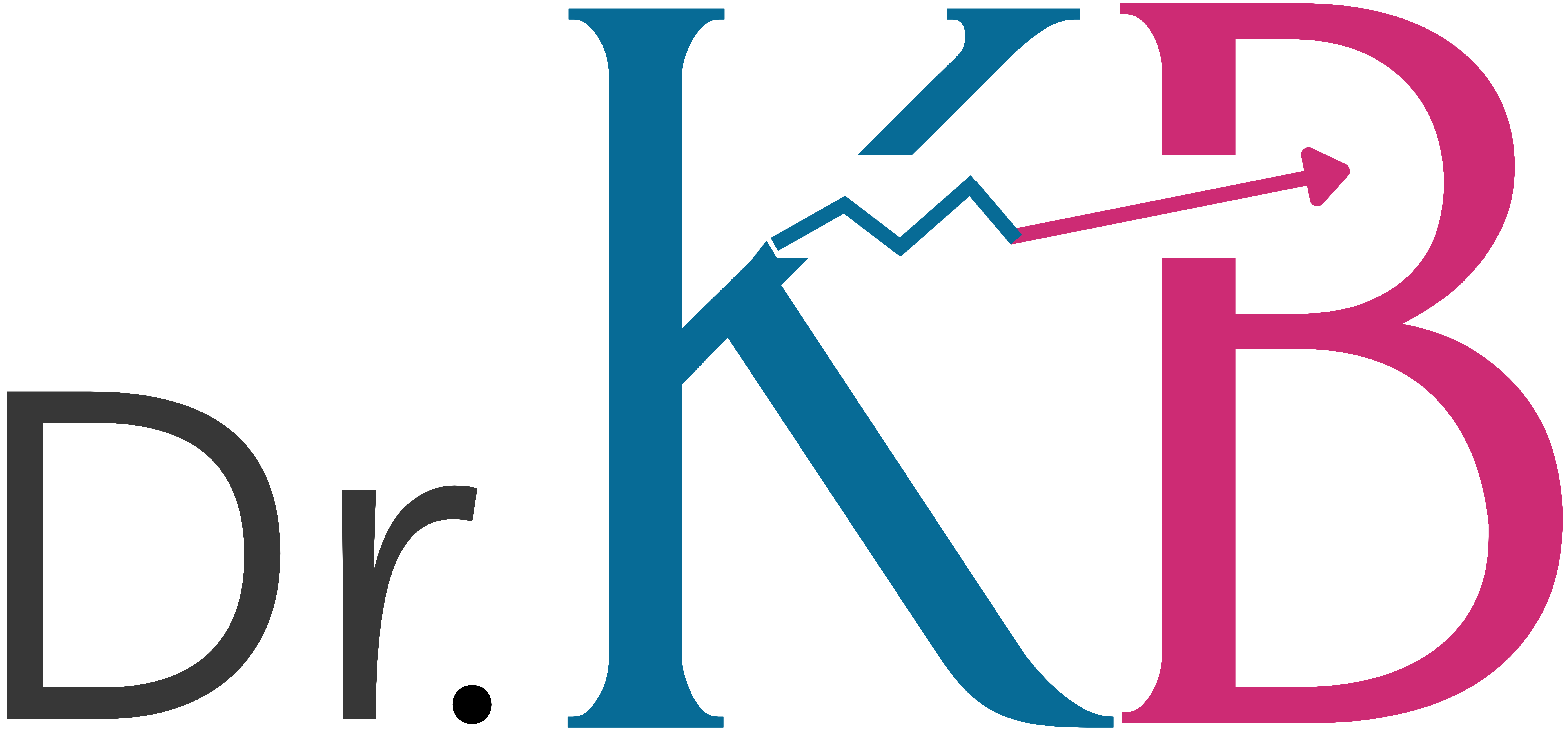8 Tips For How To Leave A Job And The Essentials Of A Resignation Letter
When you started your current job, did you feel nervous, but excited about the new opportunity?
And when you’ve left a job? Was it more of an emotional mixed bag? Bitter-sweet, sad, a relief, or you couldn’t wait to exit?
Whatever your reason for leaving, it’s important to be intentional. If you can leave with grace and intact collegial relationships, you set yourself up for a smooth transition.
Here are some tips to help you be intentional about your departure.
8 Tips for how to leave a job
#1. Review your employment contract.
How much advance notice do you have to give? This time frame may be negotiable.
How many days of Paid Time Off, Sick Leave, and CME stipend do you have left? Are they “use or lose”, or will you be paid out for unused time or funds?
#2. Inform your boss as soon as you’ve made the decision.
Resist the temptation to delay having this conversation.
The sooner they are informed, the quicker a coverage and replacement plan can be arranged.
#3. Inform your boss in-person or on video call.
Even if you communicate mostly via email, leaving a job is an important event for you and the organization. If possible, break the news face to face.
During this conversation, focus on your next steps and moving forward. If you don’t have another job lined up, you could say you’re looking for a change and you’re still figuring it out.
Resist blaming poor leadership and/or work environment. If you want to give constructive feedback, consider doing this during a formal exit interview with HR.
Commit to working towards a smooth transition. Sometimes physicians will continue to work per diem or shifts until they are replaced. However, there’s no obligation to do this.
Follow up this conversation with a formal letter of resignation (see below)
#4. Figure out which colleagues you want to stay in touch with.
Ask for their personal emails and phone numbers (if appropriate).
#5. Go through your emails and saved files. Forward/save anything you want to keep to a personal account.
You will be removed from the organization IT systems and will not be able to access emails and files saved on your work computer. If you’ve held an administrative or teaching role, you may want to save presentations, evaluations, letters of recommendation, and any other academic products you’ve created.
This excludes patient information and other confidential content.
#6. Make sure there’s a plan for your patients to continue to have access to care.
This may be more important for primary care specialties, and your patients will want to know who they can contact after you’re gone.
#7. Send a letter to your patients.
Some health systems have pro-forma letter templates and specific dos and don’ts for the contents of the letter. Check with your boss or HR.
#8. Continue to show up fully every day until your last day.
You can’t control how the organization will treat you after you’ve resigned but you can control how you show up!
Maintain the bridge you have built. You never know when you might want to walk back across it.
Suggested contents and style of a resignation letter:
Contents checklist:
-
Your address and contact info and the recipient's address and contact info.
-
Address it to your immediate boss/HR/Department chief.
-
State a clear last date.
-
Thank them for the opportunity of working for the organization. You could mention how this role enhanced your experiences/skills/career.
-
State a reason (stay positive), or leave this out.
-
Offer best wishes for continued success of the clinic/department/organization.
-
End letter with a formal salutation (Sincerely, Best Regards etc.)
Style:
-
Be concise.
-
Select a professional font and minimum 11 point in size.
-
Save as a PDF and attach to an email.
Last words:
Your last impression is a lasting impression. Finish as strong as you started!
“Thoroughly unprepared, we take the step into the afternoon of life. Worse still, we take this step with the false presupposition that our truths and our ideals will serve us as hitherto. But we cannot live the afternoon of life according to the program of life’s morning, for what was great in the morning will be little at evening and what in the morning was true, at evening will have become a lie.”
– Carl Jung

